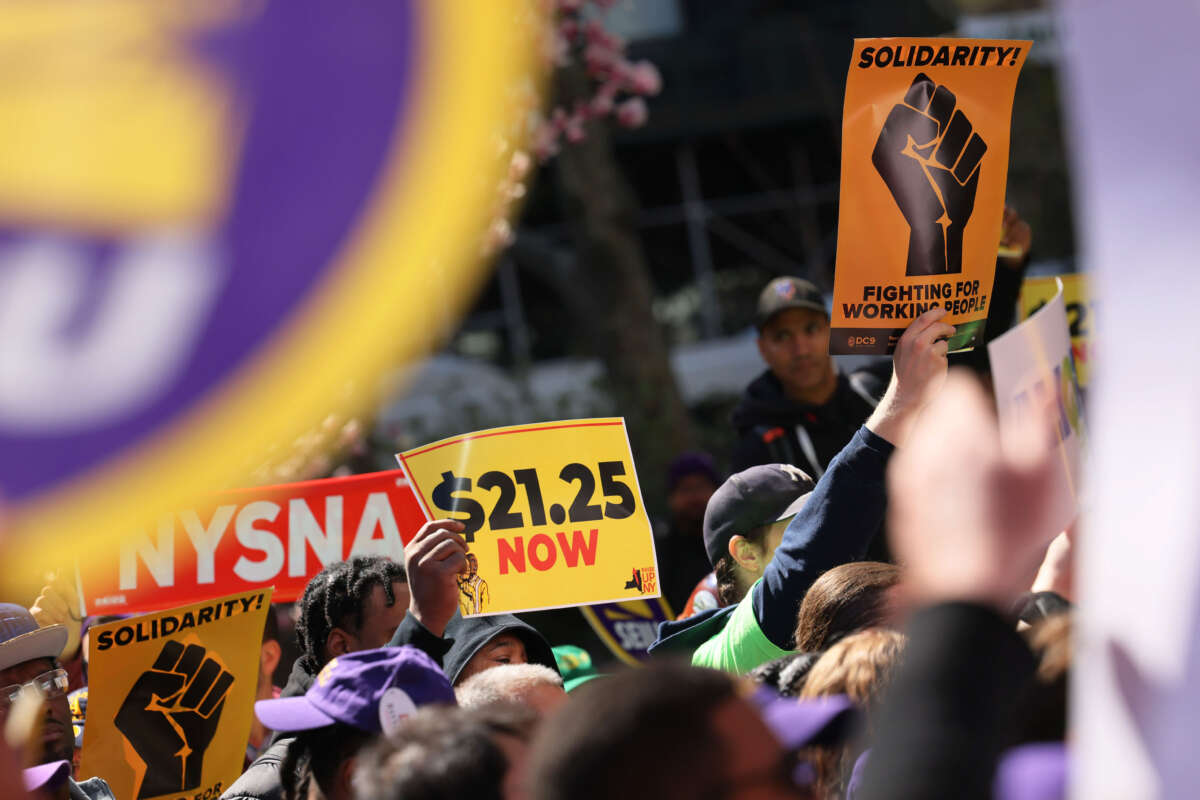Nearly two dozen states and several municipalities across the U.S. are set to increase their minimum wage levels for workers in the new year.
Sixty-five jurisdictions in total, including 22 states, will see minimum wage increases starting on that date. A majority of those jurisdictions will see their rates go up to or higher than $15 per hour.
Three other states, as well as 22 other localities, will also see the minimum wage go up later on in the year. Hawaii will see the largest jump in wage increases, going from $12 an hour to $14 an hour in base pay within the state. Although other measures on the minimum wage are being considered for the future — including a possible $18 per hour change in California through a ballot initiative planned for next year — Washington State will have the highest rate of pay for its lowest-paid workers, with a $17 per hour wage rate that went into effect earlier this year.
Overall, these changes in the minimum wage will raise the average minimum wage across the country up to $10.69 per hour.
Thirteen states will still have minimum wage levels at the dismally low federal rate of $7.25 per hour for their lowest-paid workers. The rate, when adjusted for inflation, is 40 percent lower than the level of the minimum wage in 1970.
With inflation, the $10.69 hourly average among minimum wage workers across the U.S. is 15 percent lower than the minimum wage level from 1970, despite the fact that worker productivity has significantly increased since that time.
The federal minimum wage has been stuck at $7.25 since 2009, when Congress last voted to change the rate at which the lowest-paid workers in the U.S. could be compensated. While only a very small percentage of workers are actually paid that amount, many millions of Americans are subjected to rates of pay that are lower than that number, due to laws and loopholes that allow certain businesses (such as restaurants or “gig” jobs) to pay workers subminimum wages.
The federal minimum wage was last raised in 2009, or 14 years ago – the longest period with no raises in the minimum wage since the implementation of the federal minimum wage in 1938.
Most Americans believe it’s far past time to increase the federal minimum wage. A Data for Progress poll in May, for example, found that 74 percent of Americans believe that $7.25 is too low, with 52 percent of respondents in that poll saying they believed the base minimum wage rate should be $17 per hour.
According to MITs living wage calculator, the minimum hourly income needed to meet a family’s basic needs is approximately $25.
While most workers across the U.S. are earning above the minimum wage, advocates for raising the rate note that future changes in the economy could result in business trends going in the opposite direction, making calls for raising the rate still important and relevant.
“You can’t leave policies like the minimum wage to employers because they are at liberty to do these things,” said Yannet Lathrop, a researcher and policy analyst at the National Employment Law Project, speaking to HuffPost about the issue. “This is a labor standard, not just a matter of what the market dictates. Whether the labor market is tight or not… that policy is there for the protection of workers.”
Media that fights fascism
Truthout is funded almost entirely by readers — that’s why we can speak truth to power and cut against the mainstream narrative. But independent journalists at Truthout face mounting political repression under Trump.
We rely on your support to survive McCarthyist censorship. Please make a tax-deductible one-time or monthly donation.
